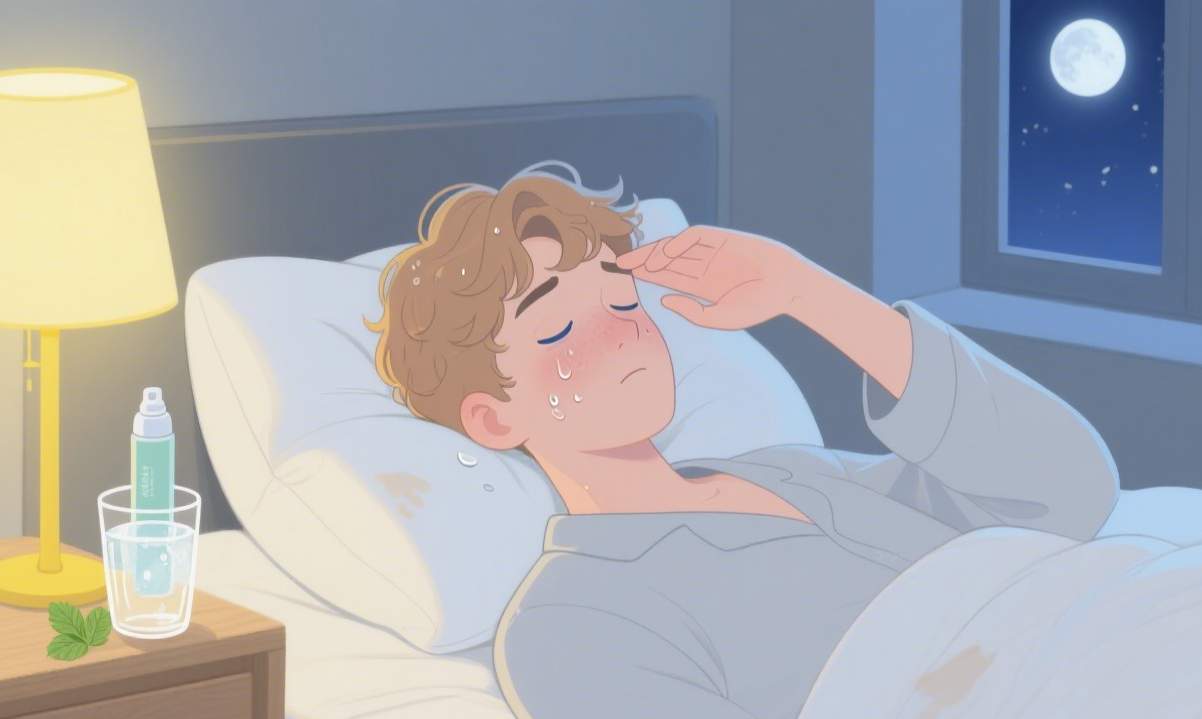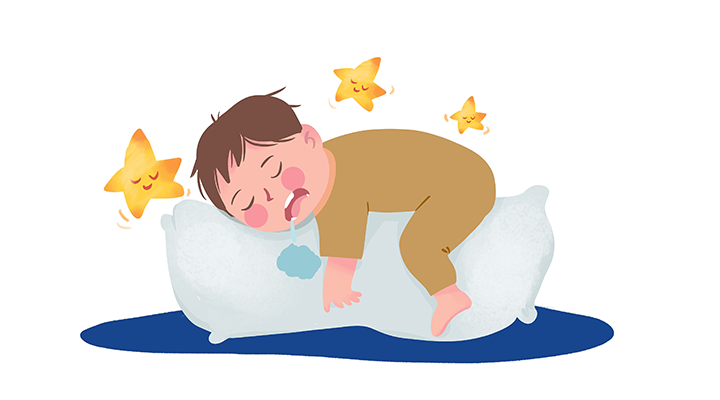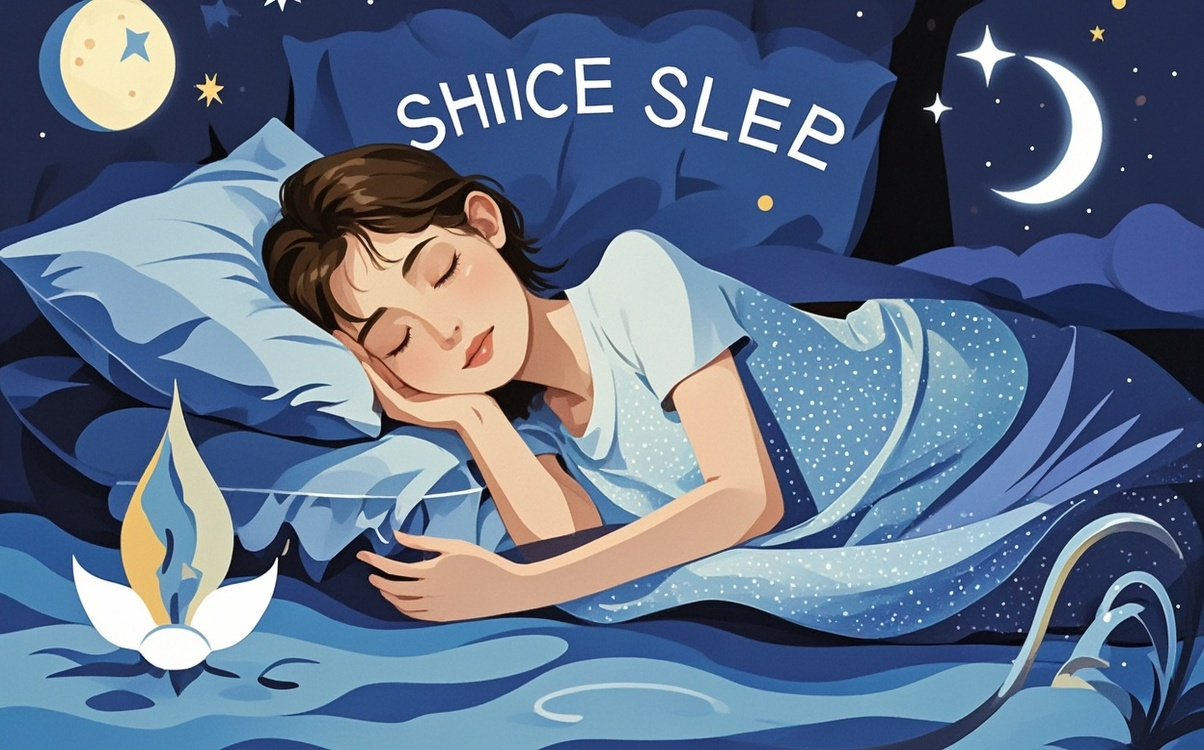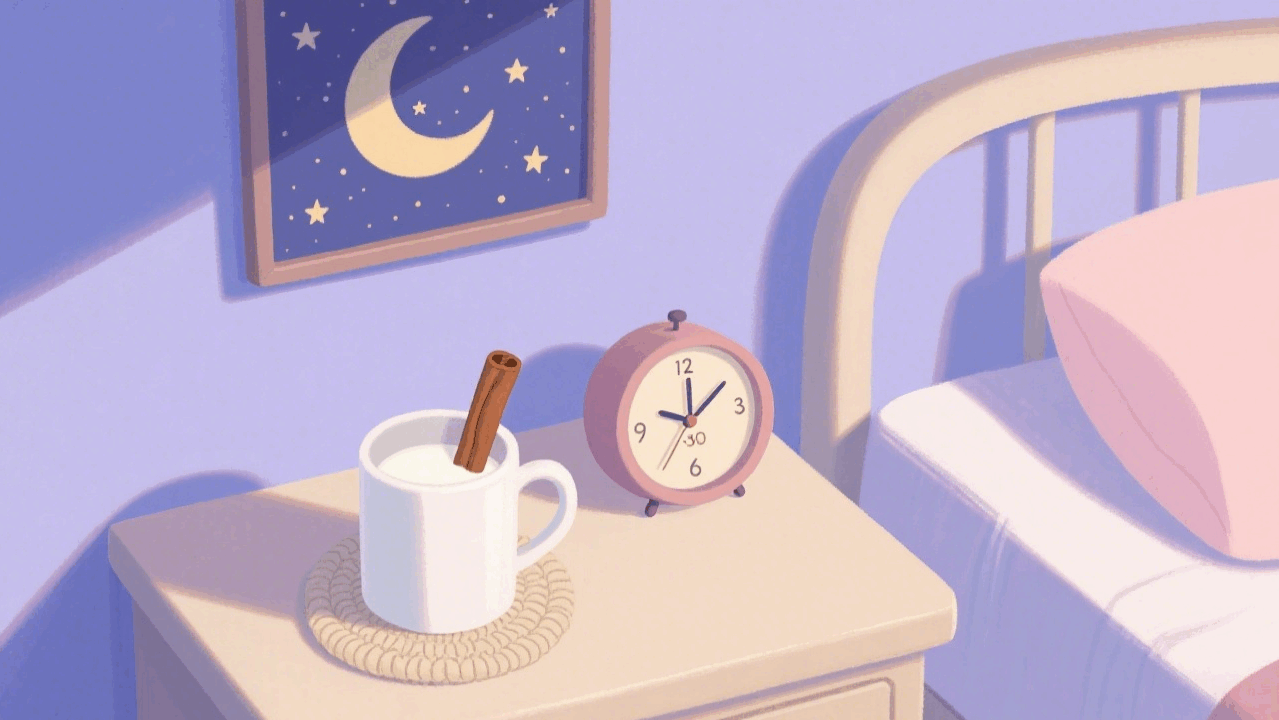Ever found yourself feeling too hot or even sweating in your sleep? Today, SleepingHarmony breaks down the reasons behind this for you.

Common Causes
High Room Temperature
If the weather is too hot or the AC is set too high while you’re sleeping, you might experience overheating during sleep, along with symptoms like sweating and thirst. This is a normal physiological response—no special treatment needed. Try switching to a lighter blanket or adjusting the AC temperature.
Spicy Foods Before Bed
Eating too much spicy food like chili peppers, garlic, or ginger before sleep can boost blood circulation and stimulate the nervous system, leading to that overheated feeling. Cooling foods like watermelon, pears, cucumbers, or tomatoes may help relieve discomfort.
Other Factors
Hormonal changes during menstruation or high levels of stress can also affect your body’s internal balance.When your sympathetic nervous system is overactive, you might feel hot while asleep.Try to avoid overexertion and maintain good personal hygiene.
Medical Causes
Autonomic Nervous Dysfunction
Too much stress or anxiety can interfere with your body’s temperature control, leading to night sweats or hot flashes after falling asleep.This is especially common among menopausal women or people under long-term stress.Meditation, relaxation exercises, and a regular sleep schedule can help.See a doctor if symptoms persist.
Infections
Underlying infections like tuberculosis or chronic sinusitis can sometimes cause fever during sleep, often accompanied by fatigue and night sweats. TB may also bring coughing and phlegm, while sinusitis can come with headaches and nasal congestion.
Hormonal Imbalance
Hyperthyroidism can increase your metabolic rate, causing heat intolerance, excessive sweating, and a faster heart rate.Women in perimenopause may experience sudden hot flashes due to dropping estrogen levels. Thyroid function and sex hormone tests are recommended.
Allergic Skin Conditions
If you’re allergic to your bedding or something in the air, allergic skin reactions can disrupt your skin’s ability to release heat, leading to overheating during sleep.Other symptoms like eczema or cracked skin may also appear.








